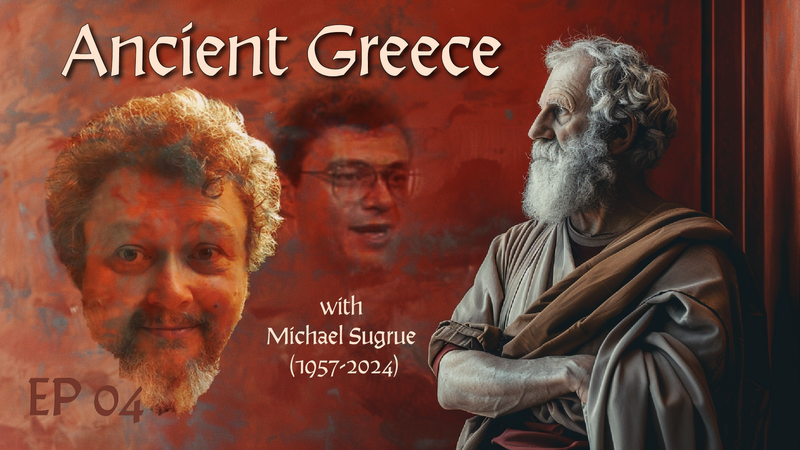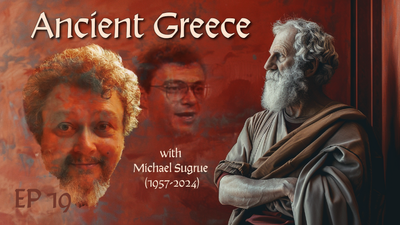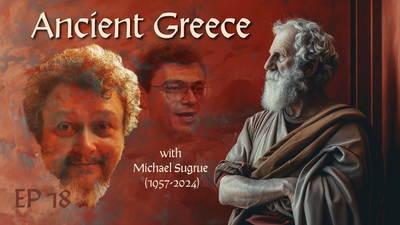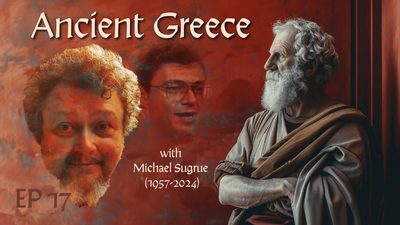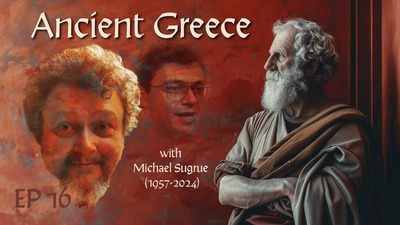Justice is one of Plato’s most enduring and complex themes, deeply woven into his concept of an ideal society. In The Republic, Plato doesn’t limit justice to a mere legal framework but presents it as a principle of inner harmony, one that extends from the soul to the entire community. Imagine a society where each person plays their part, contributing to the greater whole, not out of obligation but as a reflection of their own balanced character. For Plato, justice is about individuals living in accordance with their roles, governed by wisdom, courage, and temperance.
Consider the metaphor of the chariot: Plato likens the soul to a charioteer trying to control two horses—one noble and one unruly. In this analogy, justice represents the harmonious steering of these forces, ensuring that neither reason nor desire dominates unchecked. This concept echoes through our modern understanding of balance, both within ourselves and in our communities. How does your inner charioteer fare, and how does that reflect in your relationships and society at large?
By revisiting Plato’s idea of justice, we not only reflect on the organization of our inner lives but also recognize that our actions ripple outward. What happens when personal virtues, or the lack thereof, influence the broader society? In Plato’s view, the justice of the city and the justice of the individual are inseparable—a lesson perhaps more relevant today than ever.
From the Archives of Ancient Greece: Featuring Dr. Michael Sugrue
Dr. Michael Sugrue, a renowned scholar of ancient philosophy, provides insightful commentary on the concept of justice in The Republic. Sugrue argues that for Plato, justice isn’t just about fairness in transactions or laws but is the very essence of a well-ordered soul. When justice prevails within individuals, it radiates outwards, creating a just community. Sugrue’s analysis highlights the distinction between justice as a legal structure and as a moral and philosophical ideal—a distinction that challenges us to rethink justice in our daily lives.
In The Republic, Plato’s theory of justice is not static but deeply relational. Sugrue emphasizes that this relational nature goes beyond external interactions; it’s about aligning each part of our soul with reason and fulfilling our unique role in society. This idea extends beyond ancient Greece into our lives today. For instance, when community leaders focus solely on enforcing laws rather than fostering shared values, something essential is lost. Plato’s model asks us to cultivate virtue first, believing that laws should then emerge naturally from a harmonious society.
The vision presented in The Republic invites us to see justice not as a burden but as a path to personal and collective flourishing. Sugrue’s reflections provide a lens through which we can examine our own lives and communities. How can we balance individual freedom with communal responsibility? If this question intrigues you, join the discussion on planksip.org, where we explore how Plato’s philosophy can be personified as an ideal worth imagining.
Insights from the Dialogues: Quoting Plato
One of the most intriguing aspects of Plato’s Gorgias is its examination of the ethics of rhetoric. Plato raises a challenging question: Can those who wield rhetorical power be truly just if they manipulate others without regard for truth? In a memorable exchange, Socrates questions whether rhetoricians, much like tyrants, can avoid becoming corrupted by the very power they seek to master. For Socrates, the misuse of rhetoric erodes the soul, leading away from justice and toward mere self-interest.
Think about modern-day examples: political debates, marketing campaigns, or even social media influencers. When rhetoric is wielded irresponsibly, it becomes a tool for distorting reality and bending it to one’s will. This abuse of influence resembles the moral dilemmas Plato cautions against. But Plato’s critique is not an attack on speech or persuasion itself—it’s a call to reflect on our intentions and align them with the greater good.
Justice, in this sense, isn’t just about fairness or laws; it’s a way of being that upholds truth. Plato’s warning against the dangers of persuasive speech without ethical grounding is a powerful reminder to question our own use of influence. What are the intentions behind our words, and do they serve a higher truth? If you’ve ever wrestled with these questions, consider exploring them with like-minded thinkers on planksip.org.
Chance and Fate: Exploring Ancient Games
Ritualistic games held symbolic meaning in ancient societies, reflecting their understanding of justice, fate, and community. For instance, games like knucklebones (astragali) or dice were more than mere entertainment; they often mirrored the social order and reinforced values like fairness, restraint, and honor. In certain rituals, winning wasn’t just about skill but about playing in a manner that respected others and the game itself—echoing the virtues that Plato believed should govern a just society.
Ancient games were frequently associated with religious rites or festivals, emphasizing the communal aspect of justice. When citizens participated in these games, they were reinforcing shared beliefs about fairness and balance. The symbolic act of playing fairly or observing the rules was a microcosm of how society should operate—each person fulfilling their role in harmony with the larger community.
Explore the Mystical World of Astraguli: Ancient Games of Chance with Cultural Significance.
In a sense, these games were practice grounds for the principles that Plato articulated in his dialogues. They were tangible representations of how fate, skill, and moral character intersected, reflecting the broader social dynamics. Much like Plato’s Republic, where every class and individual has a role to play, these games illustrated the balance between chance and intentional action. Explore these ancient metaphors and their modern relevance on planksip.org, where we delve into how the ancients found harmony between fate and justice.
Virtues Revisited: Practical Lessons for Today
Plato’s vision of justice isn’t just an abstract ideal—it offers practical lessons for everyday life. At its core, justice requires aligning our rational, spirited, and appetitive parts in a way that reflects balance and purpose. It’s about cultivating inner harmony so that our actions reflect a unified soul. This alignment enables us to interact with others in a way that fosters collective well-being, whether within a family, community, or society.
Today, we often think of justice in terms of laws or policies, but Plato reminds us that true justice begins within. For example, consider how leaders are expected to act justly, not merely by following rules but by embodying virtues like wisdom and courage. When we strive for justice in this holistic way, it shifts our focus from external regulations to internal values—an approach that can have profound implications for how we lead, work, and live.
If you find yourself drawn to this idea of justice as inner harmony, join the conversation on planksip.org, where we are reimagining what it means to live a life of balance and virtue in today’s world. Together, we can explore how to cultivate this inner alignment and bring Plato’s timeless wisdom into our own lives.
Engage with Us: Reader’s Corner
We want to hear from you! What does justice mean to you in a world that often seems divided? How do you find balance between individual and communal responsibility? Share your thoughts and reflections on planksip.org, where we’re building a community centered around engaging with the wisdom of the past to make sense of the present. Selected responses will be featured in next week’s edition, so don’t miss the chance to contribute to this evolving dialogue!
Closing Reflection: Socrates’ Enduring Legacy
In revisiting Plato’s idea of justice, we find that it’s not just about creating laws or structures—it’s about embodying values that foster harmony within and between people. Socrates’ relentless questioning challenges us to look beyond appearances and confront the deeper principles guiding our actions. His legacy urges us to consider: Are we living in accordance with justice, both individually and as a society?
As you reflect on this week’s theme, remember that justice, like any virtue, is a journey rather than a destination. It’s a practice of continually aligning our intentions, words, and actions with our highest ideals. Continue exploring these timeless questions on planksip.org, where we’re imagining a modern renaissance inspired by ancient wisdom. Together, let’s strive for a life that is not only just but truly worth living.

Plato Re-Imagined
This course offers 32 comprehensive lectures exploring most of Plato's dialogues. These lectures guide students toward a consilient understanding of the divine—a concept that harmonizes knowledge across disciplines and resonates with secular and religious leaders. As a bonus, Lecture #33 focuses on consilience, demonstrating how different fields of knowledge can converge to form a unified understanding.

